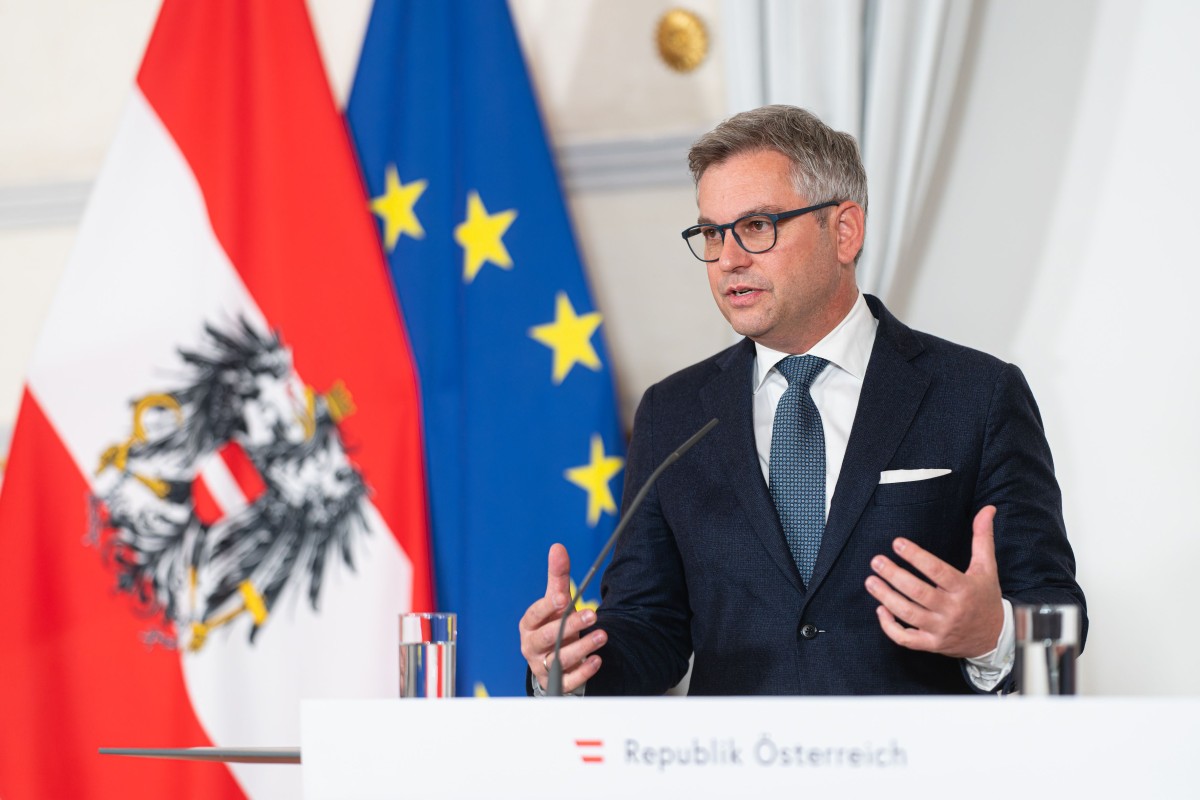Sponsored Content
Austria's Finance Minister Magnus Brunner Nominated as EU Commissioner
In a decision that has now been announced, the Austrian government has nominated Finance Minister Magnus Brunner (ÖVP) as the new EU Commissioner. This announcement marks the end of a long and intensive negotiation phase within the turquoise-green coalition. Brunner is to succeed Johannes Hahn and strengthen Austria's voice in the EU Commission.
 The ÖVP-Green coalition nominates Finance Minister Magnus Brunner (ÖVP) as Austrian EU Commissioner. / Picture: © Bundeskanzleramt (BKA) / Florian Schrötter
The ÖVP-Green coalition nominates Finance Minister Magnus Brunner (ÖVP) as Austrian EU Commissioner. / Picture: © Bundeskanzleramt (BKA) / Florian Schrötter
The nomination of Magnus Brunner was the result of complex and tough negotiations within the government, as reported by ORF. At the beginning of June, Vice-Chancellor Werner Kogler (Greens) had already signaled that he no longer felt bound by the earlier agreement that guaranteed the ÖVP the right to propose the EU Commissioner. This led to tensions, as other names, such as that of…
or Log In
Fast News Search





